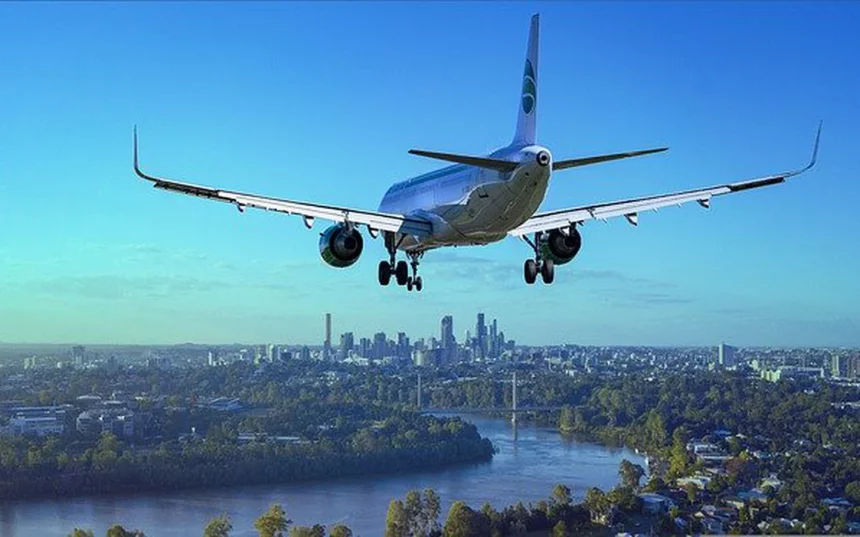The 193 nations that are ICAO members approved the idea, which many viewed as a compromise.
Green organizations, however, claim that the agreement is unsound and not strong.
To reach a long-term agreement on a strategy to combat climate change, the world’s two most important industries—aviation and shipping—were absent in Paris in 2015.
Although the aviation sector accounts for 2.5% of worldwide carbon emissions, scientists think its influence on climate change is significantly greater than this number suggests.
This is due to the several consequences of flying, such as the altitudes at which planes fly and the effects of aerosol particles, and the water-vapor patterns left behind by engines.
The target, according to the representative of New Zealand, is “the least aspiration this industry should aim for.”
The objective, however, “would without a doubt place an unsustainable burden on the industry,” the Russian delegate warned the assembly.
China presented a case for climate justice. The net-zero target, according to its delegation, “would result in unfair market distortions to the detriment of developing countries,” and China “solidly rejects industrialized nations’ endeavor to impose their obligation for reducing emissions to poor countries.”
Despite objections from China and Russia, governments agreed to a net zero emissions goal for international air travel by 2050.
At the International Civil Aviation Organization (ICAO) meeting in Montreal, Canada, transport ministers approved the “aspirational target.”
However, there is presently no commercially viable solution to completely reduce airplane emissions, and airlines and governments have not thought about reducing flying as a whole.
To achieve their climate goals, airlines have primarily opted to use harshly criticized carbon offset programs.
During the meeting, which was held at the ICAO’s headquarters in Montreal, representatives from 193 countries came to a “unique agreement on a collective long-term aspirational goal (LTAG) of net-zero carbon emissions by 2050,” the UN agency announced on Twitter.












